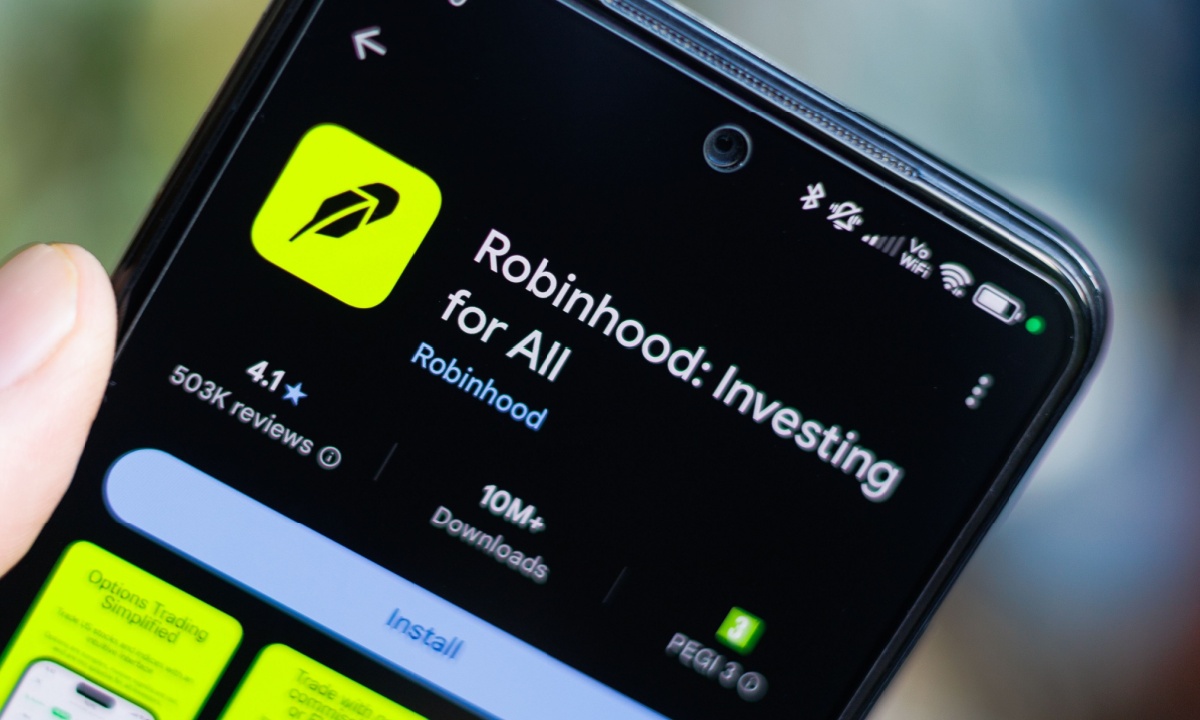S&P Dow Jones Indices announced that change Friday (Sept. 5), saying the trading platform’s inclusion will go into effect Sept. 22.
Joining Robinhood among new inductees is the marketing platform AppLovin, replacing bond trading platform MarketAxess, and electrical construction services provider Emcor, replacing the solar inverter company Enphase Energy, the announcement said.
Founded in 2013 by Vlad Tenev, the company’s CEO, Robinhood made a name for itself as a place for retail investors, and has since branched out into several other offerings, including cryptocurrencies. The company said earlier this year that transaction-based revenues had jumped 77% year over year, a trend fueled chiefly by crypto.
More recently, the company’s second quarter earnings showed Robinhood “pivoting sharply from its roots in commission-free retail trading toward a diversified, multilane financial platform,” as PYMNTS wrote in late July.
The second quarter earnings, that report added, demonstrated Robinhood’s ability to scale its crypto ambitions. Revenues from crypto-related products jumped 98% year over year to $160 million, while total notional crypto trading volumes came to $35 billion.
“Much of that surge can be attributed to the June acquisition of Bitstamp, a legacy exchange with deep roots in Europe and over 50 regulatory licenses across major jurisdictions,” PYMNTS added. “Notably, $7 billion in Q2 crypto volume came from Bitstamp alone, indicating rapid onboarding of its institutional client base.”
More recently, PYMNTS wrote about Robinhood’s decision to sue New Jersey and Nevada in a case centering around its prediction market business. As that report noted, Robinhood insists that its event contracts are governed by federal law.
Tenev had characterized prediction markets as distinct from gambling with societal value in an interview earlier this year, though he said there’s some regulatory gray areas.
Nevada and New Jersey contend that event contracts tied to sports outcomes are essentially the same as sports betting.
The states, both of which have well-established gambling regimes, say they have jurisdiction on consumer protection and market-integrity grounds, arguing that these contracts look like sports bets: the underlying asset is the outcome of a game, rather than a financial instrument, and therefore should be treated as such.
“Robinhood’s move both underscores the sector’s momentum and highlights the unresolved tension between state gambling laws and federal commodities regulation,” PYMNTS wrote.
“Many market participants are of the view that, if prediction contracts eventually gain federal protection, regulated sportsbooks could pivot to offering similar models under CFTC oversight.”

